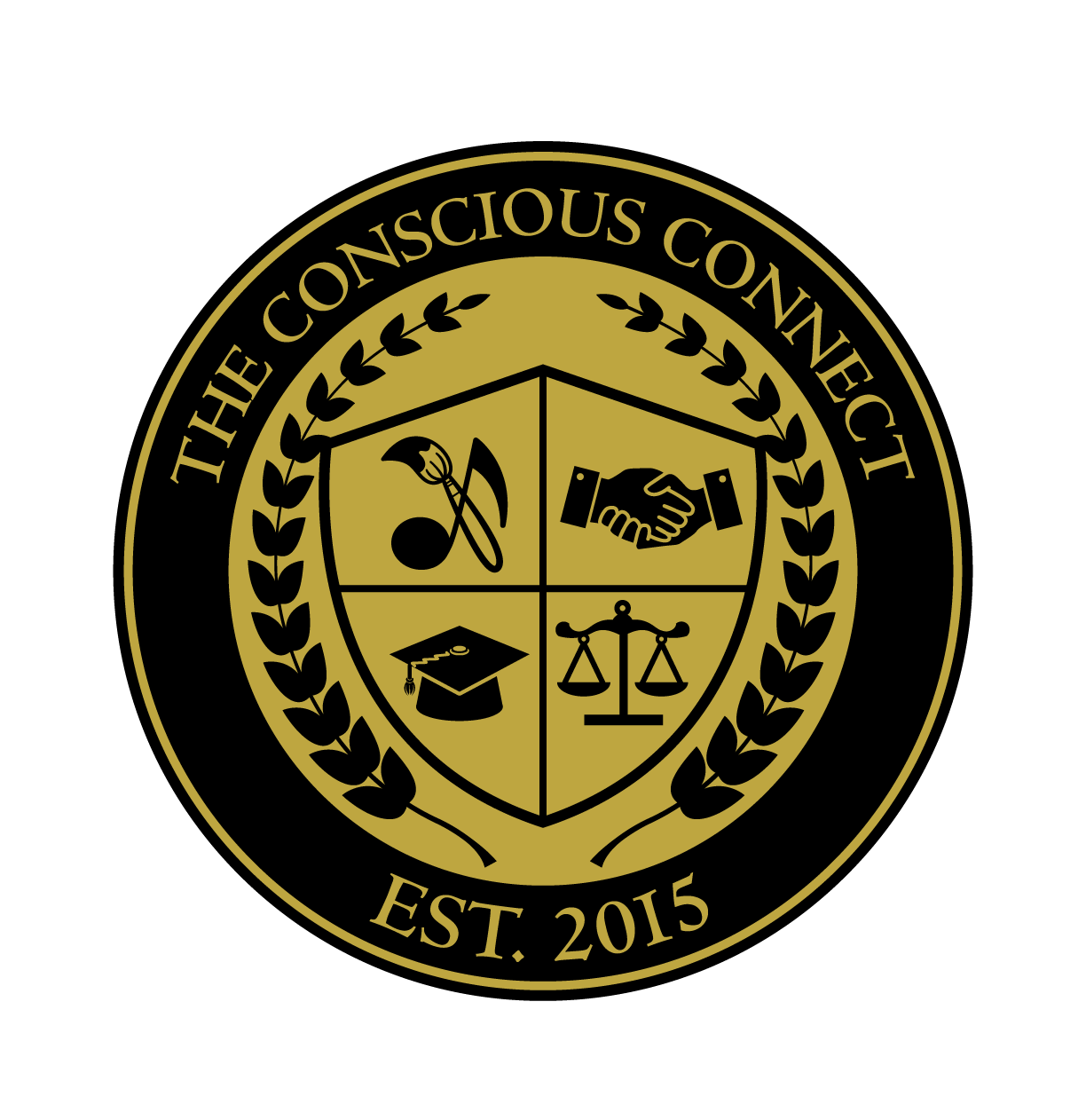Declaration of Children’s Rights
The Conscious Connect, Inc.’s Declaration of Children’s Rights focuses on four programmatic areas: education, culture, health, and peace. Each tenant of rights contains multiple objectives - that if achieved would assist the Conscious Connect, Inc. in establishing the preeminent children’s opportunity zones in the world.
The Declaration serves as the foundation to address issues of opportunity and equity for children and families that are “at-promise” to close outcomes and achievement gaps.
Education
Right to READ
1. Children have the basic human right to read.
2. Children have the right to access texts in print and digital formats.
3. Children have the right to choose what they read.
4. Children have the right to read texts that mirror their experiences and languages, provide windows into the lives of others, and open doors into our diverse world.
5. Children have the right to read for pleasure.
6. Children have the right to supportive reading environments with knowledgeable literacy partners.
7. Children have the right to extended time set aside for reading.
8. Children have the right to share what they learn through reading by collaborating with others locally and globally.
9. Children have the right to read as a springboard for other forms of communication, such as writing, speaking, and visually representing.
10. Children have the right to benefit from the financial and material resources of governments, agencies, and organizations that support reading and reading instruction.
Adopted from the International Literacy Association
Our Initiatives Addressing Education
Culture
Right to MENTORS
Both formal and informal mentoring has the potential to benefit Black boys in a range of areas, including academics, social-emotional well-being, mental health, and preventing risky behaviors.
Group mentoring approaches seem to support Black male youth’s social-emotional development through group processes (e.g., unity, brotherhood, trust).
Mentoring that promotes Black boys’ racial identity may in turn lead to positive effects in other aspects of their lives (e.g., academic outcomes). This process may be facilitated by connecting Black male youth with mentors who have shared life experiences; engaging Black men as mentors has the potential to be useful in this regard,
National Mentoring Resource Center, 2019
Right to EXPERIENCES
Culture is central to learning. It plays a role not only in communicating and receiving information, but also in shaping the thinking process of groups and individuals. A pedagogy that acknowledges, responds to, and celebrates fundamental cultures offers full, equitable access to education for students from all cultures
The Education Alliance at Brown University, 2019
Culturally Responsive Teaching is a pedagogy that recognizes the importance of including students' cultural references in all aspects of learning.
Ladson-Billings, 1994
Our Initiatives Addressing Culture
Health
Right to GREEN SPACE
Question: Does the greening of vacant urban land reduce self-reported poor mental health in community-dwelling residents?
Findings: In this cluster randomized trial of urban greening and mental health, 110 randomly sampled vacant lot clusters were randomly assigned to 3 study groups. Among 342 participants included in the analysis, feeling depressed significantly decreased by 41.5% and self-reported poor mental health showed a reduction of 62.8% for those living near greened vacant lots compared with control participants.
Meaning: The remediation of vacant and dilapidated physical environments, particularly in resource-limited urban settings, can be an important tool for communities to address mental health problems, alongside other patient-level treatments.
South et al., 2018 (study conducted in Philadelphia)
Right to ACTIVE LIFESTYLES
Play is very important to a child's development, it is an integral part of a child's Early Years Foundation Stage and supports their learning journey too. Young children can develop many skills through the power of play. They may develop their language skills, emotions, creativity and social skills. Play helps to nurture imagination and give a child a sense of adventure. Through this, they can learn essential skills such as problem solving, working with others, sharing and much more.
Family Lives, 2018
Our Initiatives Addressing Health
Peace
Right to SAFE ENVIRONMENT
A traumatic event is a frightening, dangerous, or violent event that poses a threat to a child’s life or bodily integrity. Witnessing a traumatic event that threatens life or physical security of a loved one can also be traumatic. This is particularly important for young children as their sense of safety depends on the perceived safety of their attachment figures.
Traumatic experiences can initiate strong emotions and physical reactions that can persist long after the event. Children may feel terror, helplessness, or fear, as well as physiological reactions such as heart pounding, vomiting, or
loss of bowel or bladder control. Children who experience an inability to protect themselves or who lacked protection from others to avoid the consequences of the traumatic experience may also feel overwhelmed by the intensity of physical and emotional responses.
Even though adults work hard to keep children safe, dangerous events still happen. This danger can come from outside of the family (such as a natural disaster, car accident, school shooting, or community violence) or from within the family, such as domestic violence, physical or sexual abuse, or the unexpected death of a loved one.
The National Child Traumatic Stress Network, 2018











